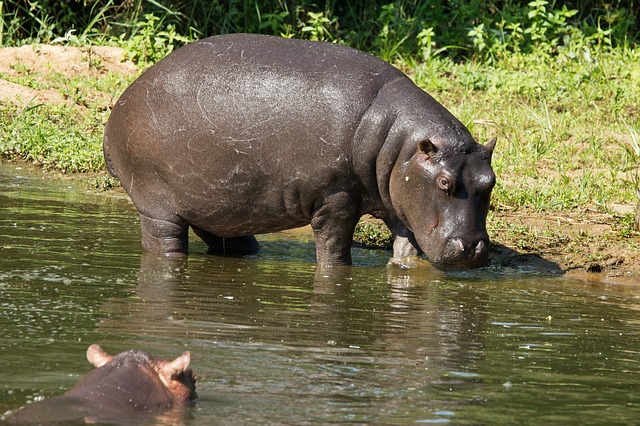
Last week, Malaysia’s Communications and Multimedia Commission (MCMC) confirmed it had blocked access to the news website Sarawak Report for publishing “unverified content.”
The Malaysian internet regulator did not say exactly what content drew its red pen. But several contextual clues suggest that Sarawak Report was censored for its recent report on an alleged link between the Malaysian Prime Minister’s personal bank accounts and 1MDB, a government-run investment fund. Notably, the Edge Media Group had publishing permits for two print newspapers revoked for three months after reporting on the 1MDB corruption, and other media outlets have been warned against re-posting Sarawak stories.
Despite the regulator’s claim that the scoop “could create unrest and threaten national security,” the website, which is run out of London, was available to people outside of Malaysia and through some Malay service providers. To our knowledge, those who read the articles have not proven to be a threat to Malaysian national security.
Troublingly, the attack on Sarawak Report is not limited to the blocking orders. Staff members were allegedly stalked and harassed in London, and a company called Celeb Images Agency lodged what appear to be bogus copyright claims against the publication. A Sarawak Report article on 1MDB financial mismanagement, published in February of this year, featured photographs of a Malaysian billionaire who was allegedly involved in the syphoning of funds from the 1MDB investment fund. After the article was published, Celeb Images Agency sent a takedown notice under the Digital Millennium Copyright Act (DMCA), a move stirring suspicion that the law is being abused to settle a political score. In response, Sarawak indeed took down the photos — replacing them with a picture of a hippopotamus, among other animals.
Criticism of public figures should be protected
Access condemns attempts to restrict fundamental rights in Malaysia. Attempts to censor publications by blocking website access or filing bogus copyright claims violate the rights to freedom of opinion and expression, and access to information.
Restrictions of freedom of expression are tightly governed by the U.N. Human Rights Committee’s General Comment 34 [PDF], which recognizes that expression that is critical of public figures, especially of heads of state or government, should not be subject to any form of limitation. Similarly, Frank LaRue, the former U.N. Special Rapporteur on the promotion and protection of the right to freedom of opinion and expression, notes in his 2011 report [PDF] that restrictions on the right to freedom of expression cannot be made on the basis that the material published is critical of a government.
We urge MCMC to lift the ban on access to Sarawak Report websites, and advise any internet service provider (ISP) in Malaysia that receives such an order to publish and push back against the blocking demand. Our Telco Action Plan [PDF] counsels ISPs to require that any such demand be submitted in writing; be signed by an official; provide the precise legal justification for, duration, and scope of the blocking; and be published to notify any affected parties. We also advise ISPs to challenge the order in conjunction with other ISPs.
Access will continue to track the situation as we fight for open and secure communications for all.
